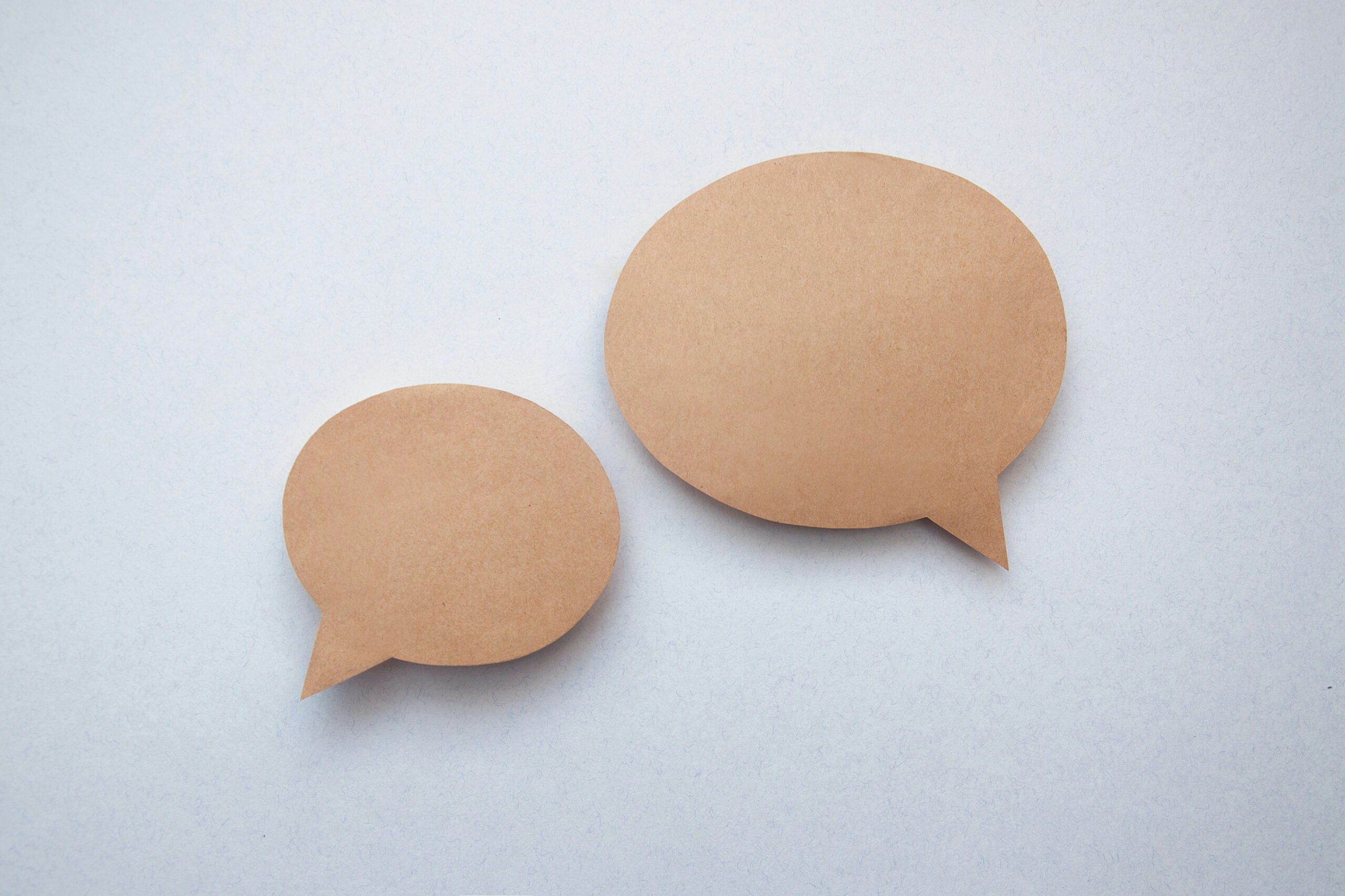Finally, some good news from public opinion researchers: A significant majority of Americans have at least a few friends who practice different faiths, findings from the Pew Research Center show.
This is important because it demonstrates, in part, our nation’s commitment to religious pluralism is working. These friendships can develop because the United States has social tolerance for different faiths and they can coexist in relative peace.
My friend and former George W. Bush Institute colleague Farhart Popal and I exemplify this dynamic. She is a Muslim who immigrated to the United States from Afghanistan. Farhat grew up in California and considers herself progressive. I’m a Catholic and political conservative who was born and raised in Massachusetts. Despite our different faiths, backgrounds, and disagreement over issues like abortion, we’ve built a lasting friendship based on mutual respect and shared American ideals.
William McKenzie and I also covered this topic in our latest essay for The Pluralism Challenge. We examined how religious pluralism is being practiced in the United States and gleaned some good ideas for better engagement with different faiths:
- Actively listen to those with whom we disagree.
- Present and discuss beliefs respectfully.
- Equip young people with the skills of listening and engaging respectfully.
- Collaborate on common projects.
- Effectively lead fellow believers away from any bigotry.
- Develop relationships.
- Recognize the citizenship of others.
We also received insights on how committed Americans are to religious pluralism and how they benefit from in ways they may not realize.
Pastor Bob Roberts of the Multi-Faith Neighbors Network notes that commercial relationships help integrate people of diverse faiths into a single nation. When it comes to the market, we’re rightfully less concerned with faith than getting access to the best quality skills, goods, and services at a competitive price.
A plumber’s religious views are far less important than their ability to fix the pipe that burst in the wall.
Similarly, Eboo Patel of Interfaith America says that American hospitals ae exemplars of religious pluralism from which we all can benefit. As we commented in our piece, “A patient may be treated by a Muslim doctor, a Jewish anesthetist, a Catholic nurse, a Hindu orderly, a Buddhist administrator, and an atheist. They all share a single goal: improving the patient’s health.”
And, generally, Americans don’t need to worry about being turned away from a Christian, Jewish, Muslim, or other hospital because they don’t share the facility’s affiliated faith.
All this may seem mundane until you consider that such widespread acceptance, integration of, and free association with different religions isn’t normalized everywhere.
The very idea of religious freedom recognizes the existence of different, even conflicting, faiths and demands space for all of them to be practiced without reprisal. The concept loses all potency if a country doesn’t have a broad commitment to religious pluralism. Essentially, the totality of society can’t have religious freedom without pluralism.
Worse, without that commitment, religious divides can devolve into violence, discrimination, and even genocide.
We’ve witnessed such horrors through the persecution of religious minorities like Burma’s Rohingya, China’s Uyghurs, and Iraq’s Yazidis.
What a blessing then that we have profound spiritual differences in America and embrace religious pluralism. It is the mechanism through which we peacefully navigate those differences, maintain our own convictions, and extend the hand of friendship across divides.




























